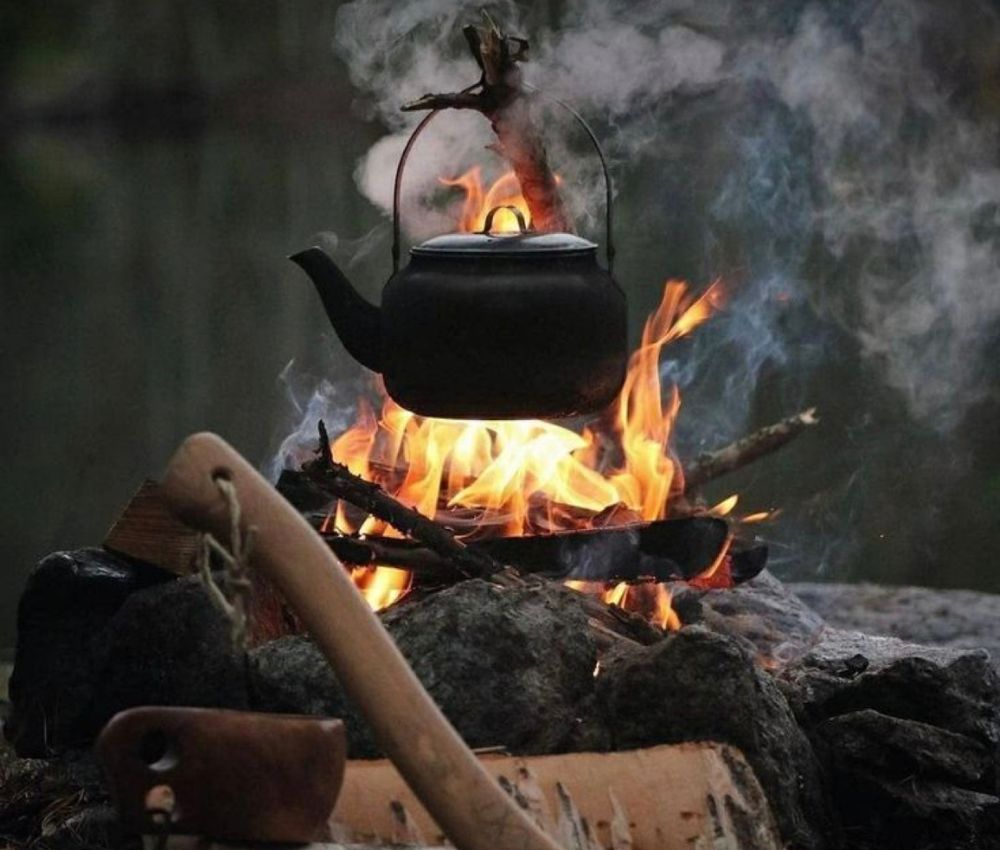Embracing Naïve Inquiry Learning Through Questions and Curiosity

Discover how adopting a stance of not knowing can lead to meaningful connections.
Our conversation this week revolved around the concept of being a naïve inquirer and generating questions. For this session we asked people to share a time when they remember being in the role of Naive Inquirer. Here are some of the responses.
As we shared our experiences, one participant recalled a time when they embodied the role of a naïve inquirer and reflected on the reasons behind it. They shared, "I remember I went into Yirrkala School to do some work. The first person I worked with happened to be an indigenous man whose heritage is from Thursday Island (TI) man. His name is Trevor. And I am eternally grateful to Trevor because when we went into the school for this very first meeting, he came with us. I sat and looked at him and I said, 'Now, you and I are going to go in there as an Indigenous fella and a non-Indigenous fella. And we are going to be talking to four people from the education department and 30 community people, how are we going to do this?' And his answer was, 'We'll ask dumb questions about how they want to work.' I have never forgotten that. And I have always used it. How do you want to work this? And we spent about three quarters of the day working out how we were going to work."
One participant shared their experience running a global organisation called Software Carpentry, "That whole listening to the alternate voice just got me into that naïve inquirer role, asking questions about the structure of how our organisations and systems work." They emphasised the importance of adapting their organisation to different cultural landscapes and questioning its resonance, saying, "It's probably not going to be immediately resonant with people... there's work you're going to have to do to understand how it adapts to that landscape."
Another participant shared their experience of being a naïve inquirer when entering new communities [Remote Aboriginal Communities in Australia] for the first time. They explained, "I would just go in, quietly ask someone, 'How should I come into this community? What's the right way?' And then the next thing would be, 'Who would be the first people to go to?' Or 'What should I take with me? So just lots of naïve questions, to be totally guided by the protocols of that community."
The importance of adopting a naïve inquiry approach in cross-cultural situations was emphasised. One participant observed how teachers or individuals who assumed authority without inquiring often unintentionally disrupted cultural dynamics and relationships. They expressed, "That role of being that naïve inquirer is so helpful in terms of not making assumptions going into totally new spaces. Void of that, I would observe teachers and people go into spaces and just assume authority and their roles. Not knowingly, sometimes knowingly, stepping on culture. So that role of that naïve inquirer, if we can jump into it more often than not, particularly in cross-cultural situations, and ask the ways, 'How do you want to operate?'
Another participant offered a perspective, mentioning how they occasionally embraced their naivety as a way to find their place and connect with others. They shared an anecdote from their early introduction to the policy space, where they deliberately played up their lack of knowledge to initiate a dialogue. They said, "I actually love this thing. And I kind of come at it from almost like the Joker perspective, I often step into a role and play up my naivety, just because it helps me find a place that I belong'...there's that sense to when you step into that space because you that requires a sense of like self assurance, a surety in terms of your own worth and being comfortable with it separate from your knowledge or lack of knowledge that you allow other people just to come into that space to, like, it's been my experience with that term.
Throughout our discussion, the consensus was that being a naïve inquirer requires self-confidence and a genuine desire to learn and grow. It is about approaching situations with humility and an openness to the process. As one participant aptly noted, "It requires a sense of self-confidence or knowing yourself in order to do it. Because often people think and I've recorded inquiries, someone who could be someone asking a question because they're insecure or they don't, you know, there's something innately not right. But it's actually the other way around. It is about that self-confidence that I am here to learn, and I'm here to grow. And I accept the process. That is really powerful."
In conclusion, our discussion highlighted embracing a stance of not knowing and asking questions with sincerity and curiosity. One participant reflected on his learning from this yarn, 'for me it is about having the self-confidence to admit to needing to learn and immerse myself in learning about what I don’t know'.
We will leave you with a beautiful piece of culture shared by one participants from her Greek heritage. Filotimo, a Greek way of knowing and doing, was described from observing her culture and family experiences as; sharing, empathy, compassion and generosity. It was described as both the lore or cultural obligation towards one another and to humanity in general, without the expectation of anything in return.
Mauriora,
The Walk Together Team


